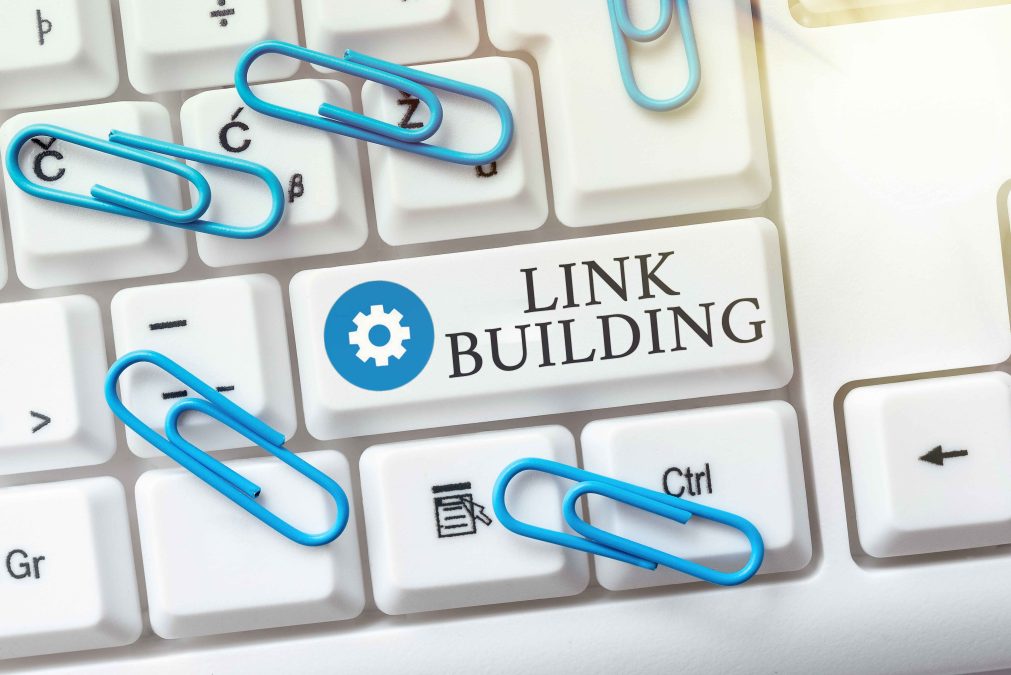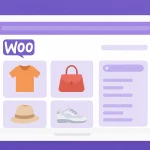Let’s face it—ranking high in Google as a small or medium-sized business can feel like trying to win a marathon while wearing flip-flops. You’re up against bigger budgets, longer-established brands, and national giants with armies of SEO experts. But here’s a little secret: you don’t have to compete globally to succeed locally. Instead, shift your focus to a powerful, affordable, and often overlooked tactic—local SEO link building.
If you want your business to show up when someone nearby searches “best pizza near me” or “top accountant in [your city],” building the right local links can make all the difference. And no, you don’t need to hire an agency or drain your budget to do it. In this comprehensive guide, we’ll break down what local SEO link building is, why it matters, how to do it effectively, and the pros and cons every beginner should know.

Local SEO link building is the process of earning backlinks from websites, directories, and sources that are specific to your geographic location. These could be your city, region, or neighborhood. Unlike broader SEO tactics that aim for global visibility, local link building is about building relevance and trust right where your customers are.
Examples of local links include:
- A link from your city’s online newspaper
- A listing in a local business directory
- A blog post by a regional influencer mentioning your business
- Sponsorship links from local schools or events
- Guest posts on niche community websites
- Partner links from suppliers in your area
These backlinks help Google understand that your business is relevant to a specific location and deserves to rank higher in searches made by people in or near that location.
To support your local SEO efforts, you can also use tools like Rank Math or AIOSEO (All in One SEO). Both plugins help optimize your WordPress site with features like:
- Local SEO schema markup (LocalBusiness, opening hours, map coordinates)
- Automated XML sitemaps to help search engines crawl local content
- Optimized title/meta descriptions for location-based keywords
- Tools for fixing broken links and managing redirects
- Breadcrumb navigation to enhance crawlability
These tools also offer real-time suggestions on improving page-level SEO so that any page you aim to build links to is fully optimized before you start outreach.
Why Local SEO Link Building Matters More Than Ever
Google uses backlinks as a major factor when deciding how to rank pages. But when it comes to local searches, it places extra value on links that show regional relevance.
Here’s why local SEO link building is critical:
- Boosts Visibility in the Local Pack: These are the top three listings you often see in map results. Local links help your business appear here.
- Builds Community Trust: Being featured by local websites shows you’re a real, active part of the community.
- Drives Relevant Traffic: People clicking on these local links are nearby and more likely to convert.
- Compensates for Smaller Budgets: Even one strong local backlink can outperform multiple low-quality or irrelevant ones.
- Supports Voice and Mobile Searches: Many mobile searches are locally focused. Strong local links improve your visibility for “near me” queries.
- Reinforces Other SEO Signals: Links improve domain authority, which supports overall rankings, including non-local keywords.
You don’t need thousands of dollars to build strong, effective links. These budget-friendly methods are ideal for beginners:
1. Local Directories
Submit your business to free or low-cost directories:
- Google Business Profile
- Bing Places
- Yelp
- Hotfrog
- YellowPages
- Chamber of Commerce listings
- Niche directories (e.g., WeddingWire, Avvo)
2. Local Blogs and News Sites
Reach out to local bloggers or journalists and offer to:
- Share your expertise
- Be Interviewed
- Sponsor a local cause or event
- Offer free products or demos for reviews
3. Business Associations
Join regional industry associations or networking groups. Many include member directories with backlinks. Example:
- Local trade associations
- Networking groups like BNI
- Rotary Clubs and Small Business Development Centers
4. Testimonials and Reviews
Write testimonials for services you use in your area. Reach out and ask if they’d be willing to publish your testimonial on their website with a backlink to your homepage or relevant service page.
5. Local Sponsorships
Support a charity, team, or event—even a small donation can land you on a sponsor page. Look for:
- Local school events
- Youth sports teams
- Art fairs and festivals
6. Press Releases
Use press release platforms or contact local journalists directly when you:
- Launch a product
- Host an event
- Celebrate a business milestone
- Partner with a nonprofit or influencer
7. Community Forums and Facebook Groups
Engage in conversation, offer helpful advice, and—when appropriate—link to your content. Look for local subreddits, Nextdoor groups, or community-run Facebook groups.
8. Host a Local Event or Workshop
This could be a webinar, training session, or an in-person event. Local event platforms like Eventbrite often allow link inclusion, and attendees may blog or tweet about the event with backlinks.
9. Utilize HARO and SourceBottle
Platforms like Help A Reporter Out connect you with journalists looking for expert input. If your story is published, you’ll often get a backlink from a reputable site—even in local outlets.
Step 1: Audit Your Existing Online Presence
Use tools like BrightLocal, Whitespark, or even Google Search Console to:
- Check existing links
- Identify errors in your business info (Name, Address, Phone)
- Fix duplicate listings or outdated citations
Make sure your NAP (Name, Address, Phone Number) is consistent across the web.
Step 2: Set Your Local Link Building Goals
Decide:
- Which pages do you want to build links to (Homepage, Location page, Blog posts)?
- How many links do you want to build per month
- Which link types suit your audience best (directories, blogs, news sites)
Step 3: Create Link-Worthy Content
People won’t link to you without a reason. Create:
- Local guides (e.g., “Best Lunch Spots in [City]”)
- Case studies with local customers
- Newsworthy updates about your community involvement
- Data studies or surveys about your niche within your region
Use AIOSEO’s or Rank Math’s built-in content analysis features to optimize each page for your focus keywords and local modifiers.
Step 4: Start Outreach
Find relevant contact emails using tools like Hunter.io or by browsing contact pages. Then:
- Personalize every message
- Keep your emails short and friendly
- Offer mutual value (e.g., exposure, free product, expert input)
Follow up once after a few days. Persistence pays off.
Step 5: Monitor, Refine, Repeat
Track:
- Your backlink count (using Ahrefs, Semrush, or Moz)
- Rankings in Google’s local pack
- Organic traffic to your site
- Referral traffic from backlinks
Review which outreach strategies worked best and scale those.
- Improves search visibility within your target area
- Delivers high-quality, converting traffic
- Boosts domain and local authority
- Strengthens real-world relationships with other local entities
- Often cheaper than traditional marketing
- Works well with SEO plugins like Rank Math & AIOSEO
- Elevates brand awareness through community presence
- Time-consuming, especially when researching and reaching out manually
- Slow to show results, particularly in competitive industries
- Requires continual effort to build and maintain relationships
- Limited scalability if your business wants to expand nationally or globally
- Some opportunities may come with small fees or hidden costs

You don’t need to go viral or break the bank to get noticed online. A few well-earned local backlinks can outperform dozens of generic ones when it comes to attracting nearby customers.
So start small. Get listed. Make real connections. Contribute to your community—and let Google (and your neighbors) reward you for it.
By focusing on local SEO link building, you’re not just building links. You’re building reputation, trust, and long-term visibility where it counts the most. With the help of smart tools like Rank Math or AIOSEO, you can make your strategy more organized, measurable, and successful.
Intestring Read:
- Local SEO for Medical Professionals
- Top 10 Local SEO Services Providers
- Local SEO for Real Estate Agents



